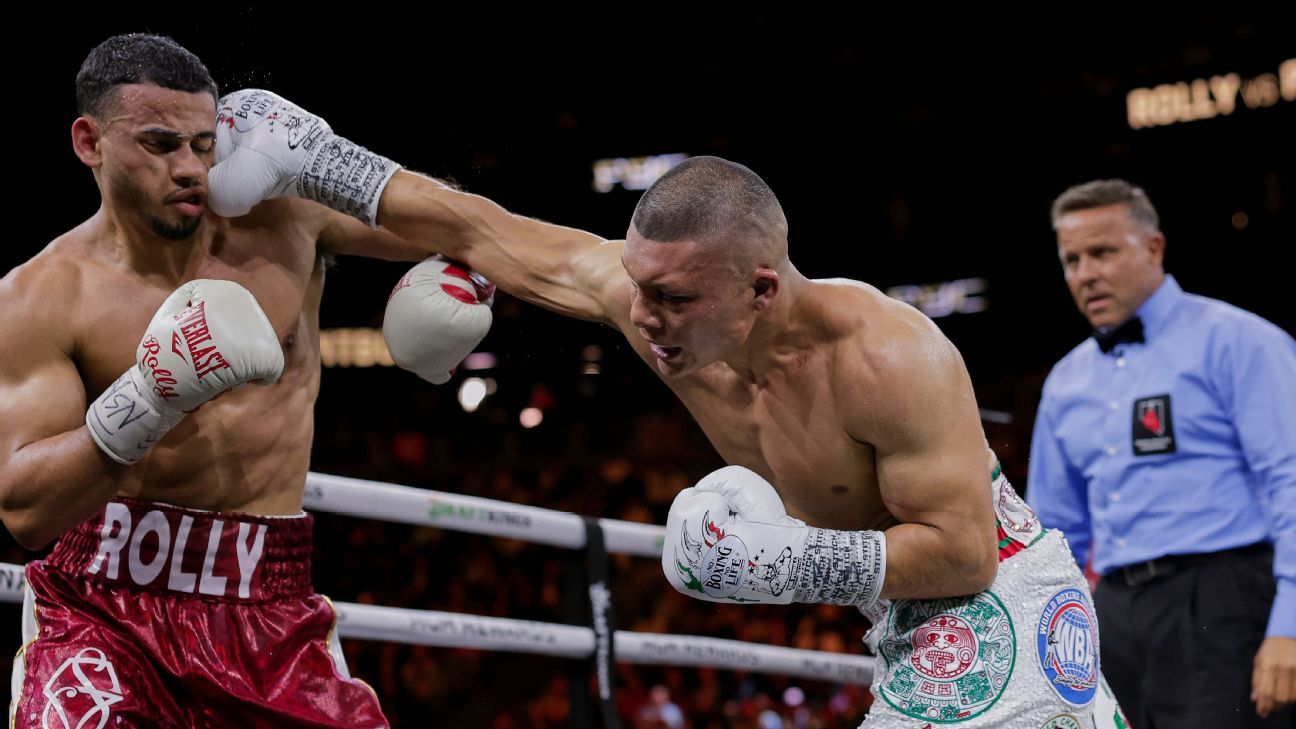“Spam Private Eye Licenses” are not required to obtain a real Private Eye License.
[ad_1]
You can also find out more about us on our website. Fink v. KirchmeyerJudge Rita Lin of the N.D. Cal.):
Joel Fink runs a business named “Spam Private Eye”, where he reviews “junk” email sent by his clients and identifies those that may violate California’s antispam law. [and can thus support lawsuits seeking statutory damages -EV]. Fink was cited by the California Bureau of Security and Investigational Securities (the “Bureau”) in July 2023 for acting as a private investigator without a license.
The court found that the regulation was a “content- and viewpoint-neutral regulation” of professional conduct and therefore “subject to rational base review, requiring a showing only that the licensing requirements were rationally related to Fink’s fitness to run his business.” But, although “[t]The private investigator licensure laws fail to clear the low bar when applied to [Fink]”:
He has shown that the licensing regime’s requirements are excessively burdensome, requiring him to undergo 6,000 hours in training that is largely unrelated. The State’s interest in regulating the review of his client’s “junk emails” which are highly unlikely be sensitive, is marginal.
The court issued a preliminary order against the Bureau applying the law to Fink.
The district court is located in Cornwell v. Hamilton (S.D. Cal. The Court finds that the reasoning in 1999) is persuasive. The plaintiff in Cornwell An African hair braider claimed that she could lock hair for a fee without meeting California’s licensing requirement. A licensed cosmetologist must complete a cosmetology program of 1600 hours and pass an exam. In granting plaintiff’s motion for a summary judgment on her Due Process and Equal Protection Claims, the district found that plaintiff could not be “reasonably classed as a cosmetologist in the way it is currently defined and regulated,” and[e]ven if [she] The licensing regime would be irrational for her, because her limited range activities” overlapped only minimally the types of activities covered by the state’s main training curriculum.
Fink will likely show that in this case, Fink is likely. CornwellFink’s application of the private investigator licensing law would be irrational, given the limited scope and nature of his “investigative activities”. Fink must have at least three year’s experience in “investigation” work, which is defined narrowly to include: (1) work as a sworn police officer; (2) military law; (3) insurance adjuster; or (4) work with repossessors. Fink must also pass an examination that covers topics like conducting interviews, asset checks, and surveillances. Other topics include performing background check and due diligence analysis, tracking individuals in order to locate missing or difficult to find persons, evaluating scene evidence to gather facts related to damage, injury, or loss; preparing and providing litigation assistance; and participating during court proceedings.
The legislative history for 2017 amendments of the licensure act indicates that California Legislature imposed licensing restrictions on private investigators due to their “unique role” in that they “dive into an individual’s history, personal information and behavior”. They also “have the unique ability to uncover the truth about a person.” [to] Interact with sensitive information about consumers.” Fink’s actions are not reflected in the Court’s record. There is no evidence that Fink is handling sensitive client information, or that he provides services beyond reviewing his clients junk emails. Fink’s entire “investigation”, which is based on reading his clients’ self identified spam emails, that by definition, are unlikely to contain sensitive information, and creating PDFs, could be considered a violation of California’s antispam law. Fink claims that he doesn’t conduct surveillance, investigate crimes committed or threatened against the United States or try to locate lost or theft property. He also says he doesn’t carry a gun, investigate the causes or fires, or any other property damage. Fink does not participate in any litigation that his clients choose to pursue, with their own attorneys. (These attorneys have a duty to be honest before the courts.) Fink only receives a percentage of the recovery on a contingent basis.
Often, licensing regimes require that licensees have knowledge in areas outside of their specific practice. Fink’s circumstance is unique. Fink is in an unusual situation because there is a minimal overlap between his limited “investigative activities” and the full scope private investigative conduct contemplated the Legislature. Fink, who reviews spam emails that are not sensitive in nature, does appear to be at odds with the Legislature’s concerns over privacy and deceptive practice that drive the oversight of more traditional investigators.
Fink’s requirement to complete 6,000 hours of training, as an arson investigator, investigative journalist, etc., is not rationally related with his ability or fitness to read the junk emails sent by his clients and identify those that may violate anti-spam laws. Accordingly, Fink is likely to succeed in showing that the private investigator licensure law as applied to him fails rational basis review….
Andrew Heller Ward and Dylan Moore of Institute for Justice, as well as Bretton Laudeman and Brendan P. Cullen of Sullivan & Cromwell LLP, represent plaintiff. The Institute for Justice lawyers also won Cornwell v. Hamilton (S.D. Cal. 1999), the case that is cited here as a precedent.
[ad_2]


